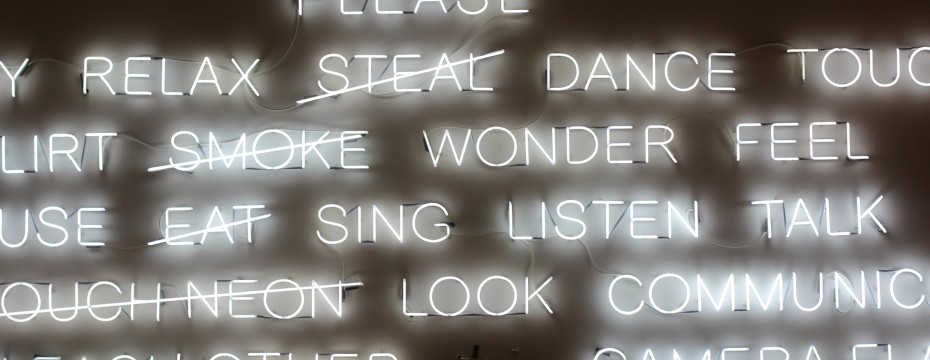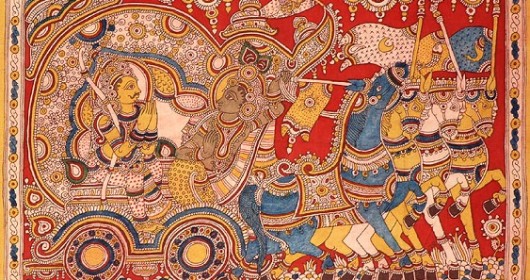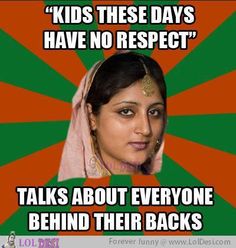Many faces of English

It was not until 2007, the year that I landed in the US, that I was forced to say that English wasn’t my first language. The view held was that I am not a native English speaker. I was appalled at that because from the moment I was capable of talking, I learnt English alphabets. I didn’t learn Tamil or Malayalam alphabets although the mixture of these two languages would be technically my mother tongue! I learnt Malayalam only after I started attending school, and once I moved to a different state, I remembered nothing of written Malayalam.
Anyone from India or any of the South Asian countries would have had parents who made sure that their children spoke and wrote in English even before they did so in their mother tongues. Indian generation of children, starting in the eighties approximately, belonging to middle-class backgrounds, probably learnt English from birth. So the fact that the US questioned my nativity in English bothered me.
A ‘native’ speaker of English is broadly defined as, “… someone who has learned and used English from early childhood. It does not necessarily mean that it is the speaker’s only language, but it means it is and has been the primary means of concept formation and communication. It means having lived in a truly English-speaking culture during one’s formative years, so that English has been absorbed effortlessly as by osmosis.”
And that’s exactly how I absorbed English! I think a lot of us who studied in English medium schools, where Hindi was our second language, remember the punishments we got for not speaking in English, even if we slipped into Hindi accidentally. So our environment made sure that we spoke in English. The community that I specifically belong to, a lot of us served the British in various governmental positions and got some coveted jobs at that time. It amuses me to say this, but my community carries with it the “English” pride!
I remember as a child I was told, “Don’t speak to ‘those’ people so often, because they don’t speak in English!” It started in the family but it continued in school where the students who spoke English better flocked together, looking down on those who did not. I was reading English dailies by the time I was five and our household did not get any other language newspaper! The obsession with the English language is so ingrained in me that the first thing that attracted my attention towards my husband was that, he used his prepositions correctly! I just couldn’t help it, I also happened to study English literature!
In a sense I am a strange embodiment of the colonized culture; because I have my foundation in Indian classical art forms, speak seven Indian languages (English included) and I question the privileges of the English speaking population in India! I think India has done a pretty good job of carrying on the ‘English’ tradition by alienating people who are fluent in other Indian languages. Fluent English does open several doors of opportunities in India as compared to other Indian languages. And not to discount, English is the official language of communication. There are several people in India who feel inferior because they do not speak fluent English.
As I explore this trajectory of my English speaking childhood, nothing discounts me as a native English speaker. In fact, although several other Indian students in the US told me to mark English as my second language in university forms, I did not do so, because it is not so. Now one might argue that what we speak is Indian English, but when you go to Britain, what you hear is British English or American English in America. So Indian English is a dialect and has cultural references specific to the geography. Considering the population of India, we probably have more English speakers than Britain and America put together.
A lot of my classmates and my teachers at the university were quite surprised that I spoke such good English. In fact I have felt offended once when some of my classmates wanted to ‘hear’ how I pronounced a certain word. I remember this specific instance when a Filipino classmate (who was working on her English) and I were asked to pronounce the word ‘karaoke’ because they thought my pronunciation would be funny. Having spent a semester with me I found that condescending, but then I was only learning that the ‘world knowledge’ of quite a few Americans ends in America.
When I worked at the equipment centre, I was teased sometimes when I used words like ‘tata’ to say ‘bye’, which aren’t used in America, but are still used in India. And I didn’t mind that teasing at all, it was in good jest. Today, I understand my classmates because obviously they had no context to me and the fact that there are several Indians who do not speak fluent English studying in US universities, could have confused them. Even if we do, a lot of us bring in intonations of another Indian language when we speak, because that’s acceptable in India.
I don’t know how the US should term native English speakers like me and many others from South-Asian countries, although English is not America’s official language. But I do know that the language belongs to a lot of colonized nations who have appropriated the language, whether anybody recognizes it or not. Believe it or not, English has dialects all over the world!





